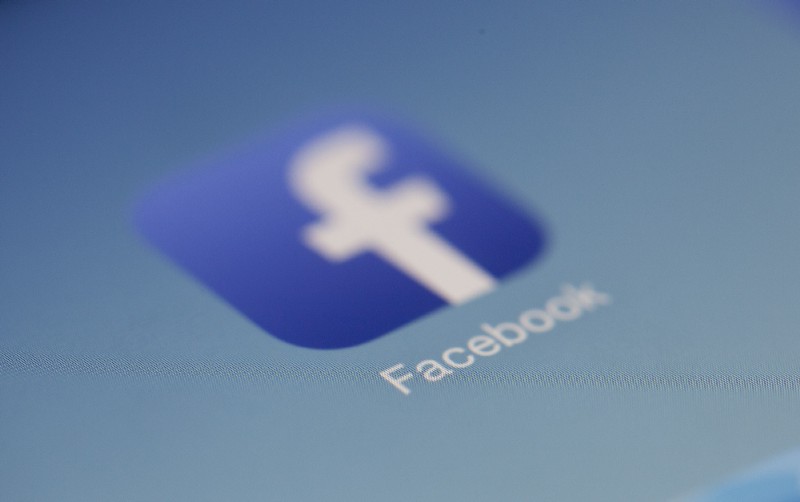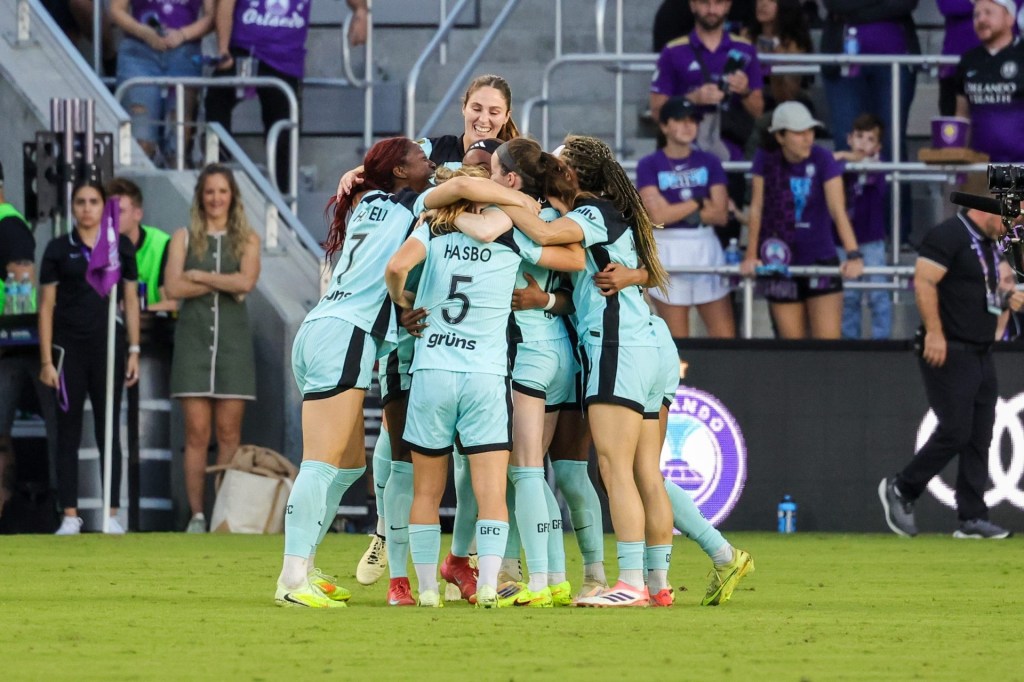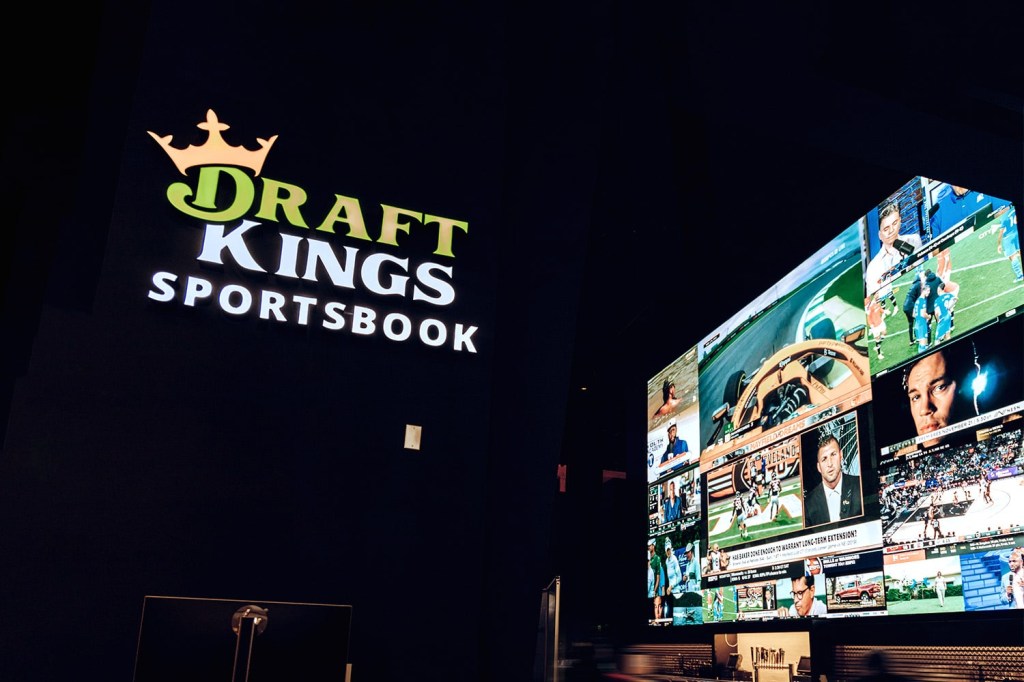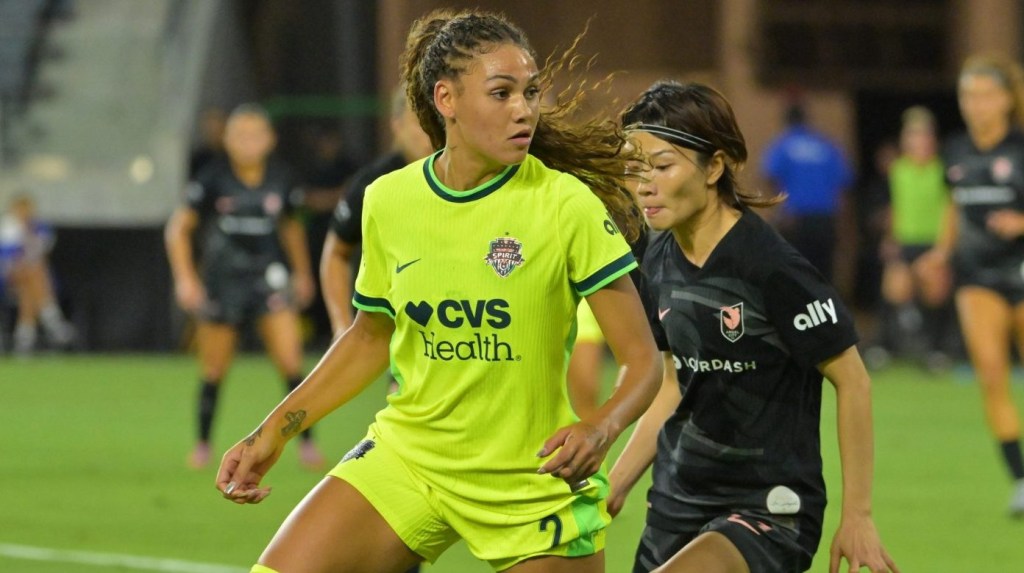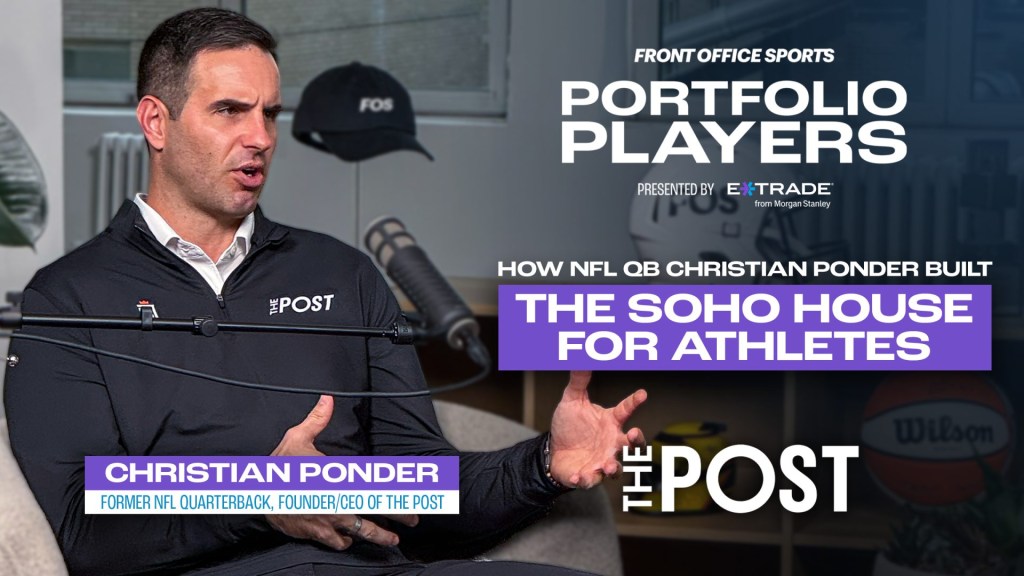The company’s decisions could impact the way social media professionals create and distribute content.
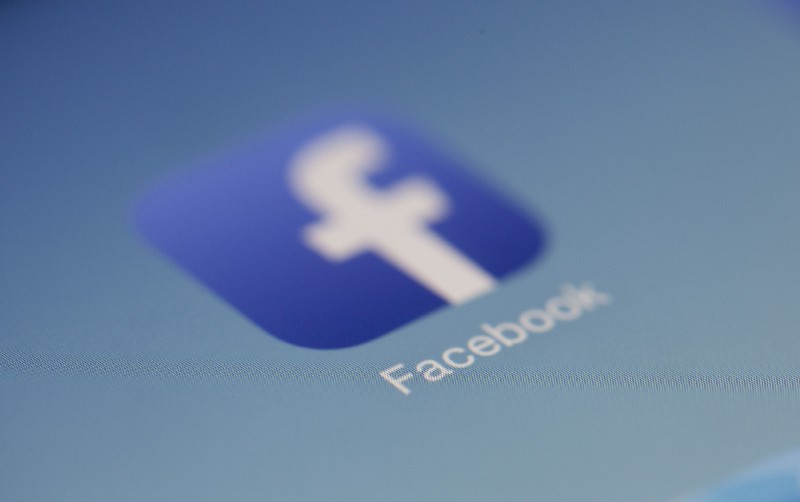

If Facebook were a country, its 1.37 billion daily users would make it the second-largest in the world behind only China. Also, if it were a country, its citizens would be bracing for a seismic shift in the way they are governed.
On Thursday night, the worst kept secret in social media was officially announced. According to CEO Mark Zuckerberg, Facebook will soon be “putting more emphasis on meaningful social interaction between people.” AKA, publishers, companies and other pages will soon see even less distribution of their content to those who like their pages than ever before. This is all being done under the guise of “the wellbeing of Facebook users” but you also can’t ignore the fact that it comes on the heels of the platform admitting that Russia used ads and well placed boosted content to try to influence the 2016 Presidential election.
As social media professionals, this means our jobs are about to again become even more difficult. The constant game of chess with Facebook’s, and now Instagram’s, algorithm will soon go from regular to three-dimensional. The size of your likes will matter even less than before and it will increasingly be about how well you can engage the small audience you will reach. The one benefit of working in sports is that there is a passion and desire built in that is rare in other industries.
The key to success will be being creative and dedicated enough to tap into that passion on a consistent basis. Gone are the days of simply posting a link or a video without a solid strategy, although, in fairness, those days should have been gone long ago for most in the industry.
Oh, or you could do what inevitability Facebook has been pushing content creators to do for years, pay to play. The reality of that, at least in my five years with the Suns, is that getting budget approved to promote content is next to impossible if your superiors at the highest levels don’t believe in the power of brand building. That leaves you with a small budget to promote sponsored content, another losing game if higher ups don’t believe in storytelling, or finding ways to defeat the algorithm.
But what if there were another way? What if Facebook stopped controlling what we see and let us get the content from the pages we’ve liked and the people we’ve chosen to let into our digital-circle?
I know it’s a pipe dream, but why does Zuckerberg and the powers that be at FB think they know better than we do about what we want and don’t want?
Why do they get to control the stories, posts, and photos we see? Does a mathematical code really know better than we do?
The simple and least sexy answer is, Facebook — like any company, regardless of what they say publically — is driven by one thing and one thing only: profits. The irony is, while acting as if they’re trying to protect us from foreign powers, they’re really taking a page out of their playbook. Controlling information and what people see is power and where the profit is. Facebook, in that sense, is far more dictatorial than democratic.
Unless there is a drastic and unlikely change of heart, we’ll have two options as content creators. Either migrate from the digital country we’ve called home for over a decade to a new and less used platform or find ways to create truly engaging content and build budgets to promote it. Unlike how you see content on Facebook, the choice is yours.
This piece has been presented to you by SMU’s Master of Science in Sport Management.
Front Office Sports is a leading multi-platform publication and industry resource that covers the intersection of business and sports.
Want to learn more, or have a story featured about you or your organization? Contact us today.
